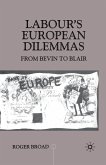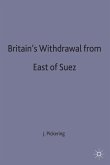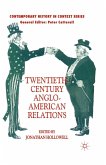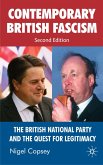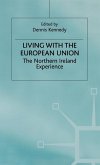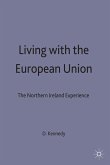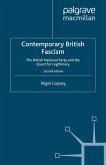For thirty years the Labour Party was wracked by conflict over membership of the European Community, swinging back and forth, pro and anti, when in and out of office. It was a conflict that helped keep the party in opposition for eighteen years until it abandoned its socialist basis under New Labour. The author as journalist and European Union official knew many of the major and minor players and brings this experience to bear.
'The shifting attitudes of the Labour Party towards European integration between the premiership of Clement Attlee and that of Tony Blair provide a central theme of British History in the second half of the twentieth century. This lucid and well-researched survey for the student and the general reader, written by an Oxford-trained historian who later worked for both the European Commission and the European parliament, is therefore very welcome. It analyses key features, domestic as well as setting the scene for key debates on monetary and political union in the near future. It thus sheds light on Britain's post-war, post-imperial experience.' - Kenneth O'Morgan, author Britain since 1945: The People's Peace and Callaghan: a Life


